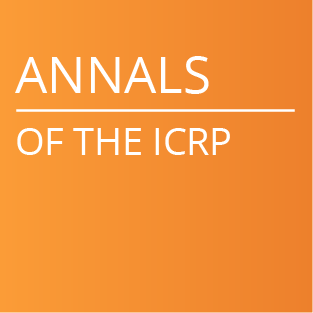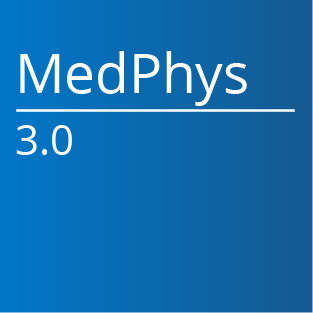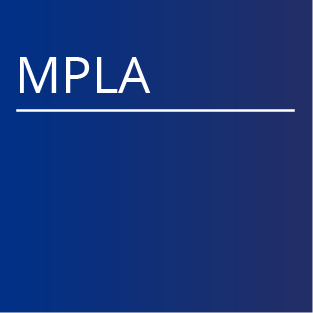US invests in domestic supply of medical isotopes
Mon Jan 25, 2010 5:56pm EST
- GE Hitachi gets $2.25 million
- Does not use weapons‑grade uranium
- McDermott unit Babcock & Wilcox gets $9 million
- Each says could supply half of U.S. isotope needs
By Julie Steenhuysen, Health and Science Correspondent
CHICAGO, Jan 25 (Reuters) ‑ The U.S. Department of Energy has awarded grants to nuclear energy units at McDermott International Inc (MDR.N) and General Electric Co (GE.N) and Hitachi (6501.T) to develop a stable domestic supply of medical isotopes, which are used in scores of diagnostic tests for cancer, thyroid or heart disease.
GE Hitachi said on Monday the U.S. Department of Energy's National Nuclear Security Administration awarded GE Hitachi Nuclear Energy, an alliance of GE and Hitachi, $2.25 million to develop radioisotopes using a technology that does not require highly enriched uranium (HEU), which can also be used to develop nuclear weapons. GE Hitachi will match that amount.
And McDermott's Babcock & Wilcox Technical Services Group said it got $9 million to develop medical isotopes using low enriched uranium, an amount that company will match.
The deals are intended to deliver a stable domestic supply of medical isotopes, the radioactive material needed for nuclear medicine imaging tests and do so without using highly enriched uranium.
Last May, Canadian health officials temporarily closed a nuclear reactor that produces a third of the world's supply of molybdenum‑99 or MO‑99 ‑‑ the most commonly used medical isotope ‑‑ sending medical isotope makers scrambling to find new suppliers and sparking a global shortage.
The aging Canadian reactor is one of six worldwide. None are located in the United States.
GE Hitachi said its technology does not rely on the fissioning of highly enriched uranium and can be used with existing nuclear reactors rather than requiring the construction of new ones.
"Almost two‑thirds of the world supply (of medical isotopes) right now is being generated from reactors that are about 50 years old," said Kevin Walsh, a senior vice president at GE Hitachi Nuclear Energy and chief executive of Global Nuclear Fuel, a joint venture of General Electric, Hitachi and Toshiba (6104.T).
"We need a long‑term solution," Walsh said in a telephone interview.
"This pragmatic approach addresses a critical U.S. medical community need while supporting President Obama's goal of reducing the risk posed by global use of HEU," Thomas D'Agostino, head of the National Nuclear Security Administration, said in a statement.
Jennifer Wagner, a NNSA spokeswoman, said the program is part of President Barack Obama's initiative to secure nuclear material around the world. "This is a very important priority for the administration and for NNSA," she said.
"The technologies that we're looking to implement are for the development of commercial supply in 2013 time frame," Wagner said in a telephone interview.
"That is with Nuclear Regulatory Commission and Food and Drug Administration regulatory approval for use of a drug."
Walsh said the GE Hitachi technology could meet at least half of the U.S. projected supply needs for MO‑99.
Technetium‑99, a radioactive byproduct of MO‑99, is used in more than 14 million nuclear medicine procedures in the United States each year, representing a $60 to $65 million market.
Currently, GE Hitachi said it will conduct research and development to confirm its technology will work on a commercial scale and determine the infrastructure and logistics needed to support commercial operation.
Unlike the GE Hitachi venture, Babcock & Wilcox will be using low‑enriched uranium that works with a small, easier‑to‑maintain nuclear reactor, said Bob Cochran, president of Babcock & Wilcox Technical Services Group.
"It's a very stable, well‑proven technology and it's low‑ enriched uranium, which solves the proliferation issue," Cochran said in a telephone interview.
When the technology goes online, Cochran said it will be able to address at least half of the current North American demand for medical isotopes.
Last January, the unit paired up with Dublin‑based Covidien (COV.N), which supplies medical isotope generators to hospitals, to jointly develop the technology.



















